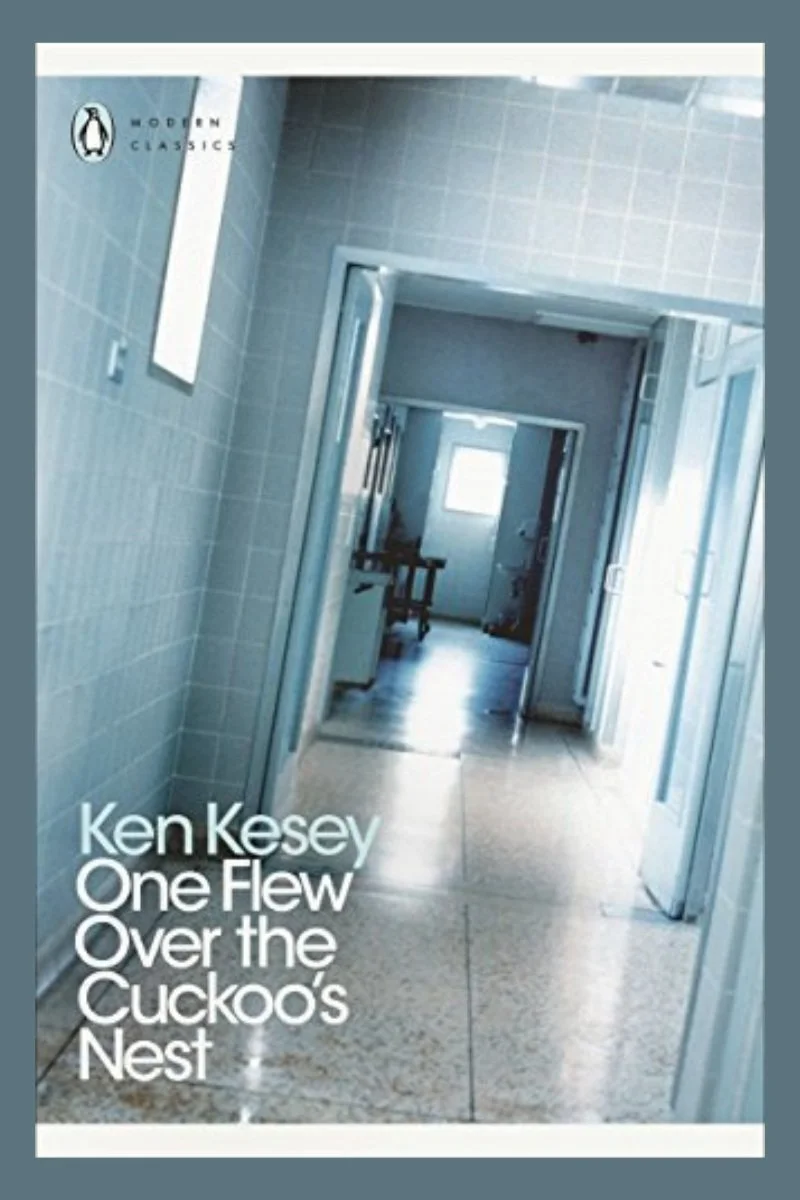Gone With the Wind – Margaret Mitchell
Expectation: An immersive and exceptional story about a dark period of American history.
Reality: Needlessly long and a little boring, I was completely turned off by Scarlett and Rhett and struggled to see why the characters are so popular.
My Take:
For nearly a century “Gone With the Wind” has been short-hand for epic storytelling. It is one of the best selling novels of all time (not to mention one of the most popular film adaptations), was a Pulitzer Prize for Fiction winner in 1937 and remains almost universally beloved (it retains a 4.30 average on Goodreads with 1.1 million ratings) even with all the problematic elements.
Needless to say, my hopes were high diving into this classic, but it ended up being one of the most disappointing reading experiences of my life.
There’s a confluence of factors that likely contributed to this that were not directly related to the text itself (you know, life and work getting in the way), but I never found myself grabbed by the story the way so many others have. Honestly, it felt largely bombastic.
There’s no point in giving such a well-known novel a traditional review, so instead I jotted down thoughts and ideas while I listened to the 49 hour (!!!) audiobook.
If you’re so inclined, give “Tara’s Theme” a listen while you read. Lord knows it was constantly playing in my head whenever Scarlett mentioned her beloved homestead.
Liked
The history: The only reason, in my opinion, to read this is for the historical fiction perspective on the Southern United States’ experiences during the American Civil War and Reconstruction Era.
While I can’t speak to the accuracy of Margaret Mitchell’s research, I appreciated that she started most chapters with an overview of the socio-political climate before inserting Scarlett and others into the fold.
This helped the reader not only fully understand the context of eras' social norms, but it also provided a perspective I largely hadn’t heard before (I’m a Yankee).
The writing: It’s easy to see why this one the Pulitzer as the writing is lush, descriptive and inviting.
Disliked
It was needlessly long: Technically this is historical romance and not a war novel, so I understand all the lovers’ angst, but I was bored to tears until the Battle of Atlanta occurred about 300-pages in. By the end I could not have cared less about Scarlett’s romantic exploits (or her in general), which made this feel bloated and repetitive. At about 600-pages, I probably would’ve given this a higher rating.
Scarlett and her relationships: Maybe I’m naïve, but I thought part of the reason this book has endured is because people love Scarlett’s independence and cheered for her relationship with Rhett. Honestly, they are both trash.
For most of the novel I had a love/hate (but mostly hate) relationship with Scarlett. In some ways she was a proto feminist, eschewing expectations of the time (I liked these elements), but she was also highly manipulative and duplicitous. I say this fully acknowledging that you do what it takes to survive under extreme circumstances, but she was not a likable person.
The general disregard for her children, her decades long lusting after her best friend’s husband, the way she used people (poor Charles and Frank) and finally her incredibly toxic relationship with Rhett were so off-putting it made me want to quit reading. I really struggled to understand how so many people love this novel when I found Scarlett O’Hara to be one of the worst literary characters of all time.
Neutral
The language and characterizations: I fully understand the criticism “Gone With the Wind” receives for its Old South sensibilities. Frankly, much of the language is jarring and disgusting, specifically the happy slave and benevolent slaveholder tropes used throughout. However, I believe that it’s important to still read texts like this to fully understand the scope and scale of racism present in the United States. Ignoring a novel because of its now-dated language is a form of self-censorship and a willful ignorance to a past, which still influences our culture today. Did I like hearing these things? Absolutely not, but I expected it. Were this novel published today, it would be an entirely different conversation.
The narration: I’m going to give my girl Linda Stephens credit for selling the hell out of this story. She did the accents, she sang the songs and delivered every crazy phrase (like “God’s nightgown!” and “Fiddly dee!”) with aplomb. However, I ended up listening to the last 40 percent of the novel on 2x speed to ensure I finished it before my library hold expired, and at that rate it is difficult to fully immerse yourself in the performance.
All told, in some ways it feels like I read a different novel than other people — like my husband who absolutely loved this — but that doesn’t mean I regret taking a stab at this behemoth. It is, after all, quintessential American art. Still, I won’t put this on a recommendations list.
Rating (story): 3/5 stars
Rating (narration): 4/5 stars
Formats: Audiobook (library loan)
Dates read: February 26 – March 15, 2023
Multi-tasking: Good to go. The story is long and repetitive. Honestly, I started listening at 2x speed and didn’t feel like I missed much, outside of an appreciation for Mitchell’s writing.





